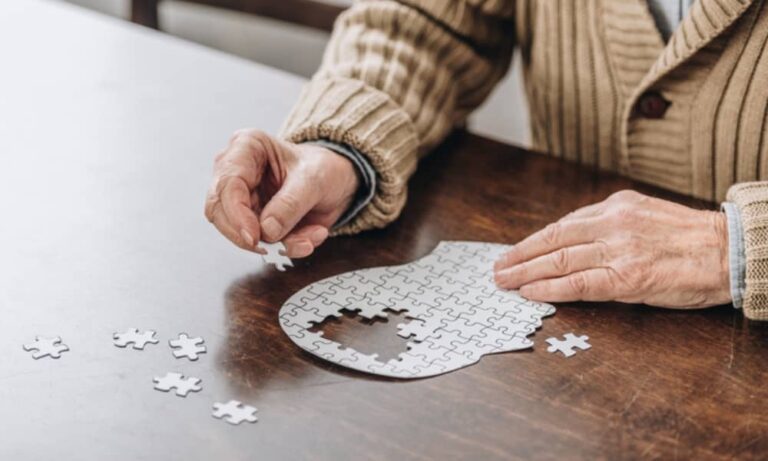According to the research released by The National Sleep Foundation, sleeping for less than six hours a night can increase people’s risk of depression by up to 80%. It can also increase people’s risk of feeling nervous, helpless or restless by between 60 and 80 percent, a US study found.
Research released earlier this year by Binghamton University suggested insomniacs are less able to overcome negative thoughts or disengage from upsetting emotions than those who get sufficient shut-eye. The National Sleep Foundation recommends sleeping between seven and nine hours a night.
So how do we, in our busy lives, manage seven to nine hours a night?
Same time every night
The body has an internal clock and hormones that control sleepiness and wakefulness. This clock works best if there is a regular sleep routine. When working well, you will feel sleepy at a similar time each night. It is important to listen to your body.
Put down the fizzy
Caffeine should be avoided at least 2 hours before going to bed. This isn’t just coffee and tea, it is also found in colas and soft drinks. For optimal sleep, minimise your consumption of these drinks, not only will you sleep better, but you won’t need to go to the toilet in the middle of the night! Learn what to eat for a good night’s sleep here.
Step back from the blue light
Research shows those who use their phone and watch TV until they fall asleep will produce less melatonin during their sleep. This will hinder any chance of a restful sleep. Instead, read a book or stretch your tired body, remove all distractions and disturbances and focus on sleeping.
Can’t switch off?
Sometimes falling asleep doesn’t come easily, you might have too much on your mind. Take the time to write down your thoughts and relax before going to sleep. By setting aside time to ‘worry’ outside of the bedroom, you will be able to enter your room relaxed and hopefully have put your mind at ease. Remember, our minds will also be active, so try and relax and think calmly before bed.







